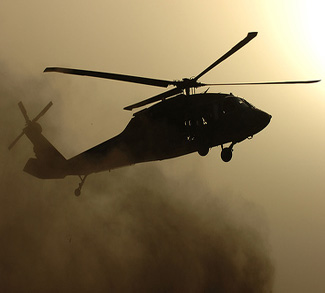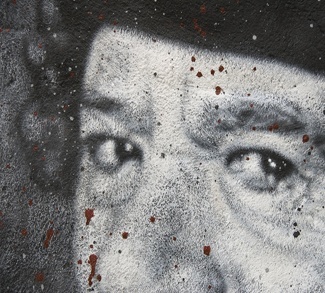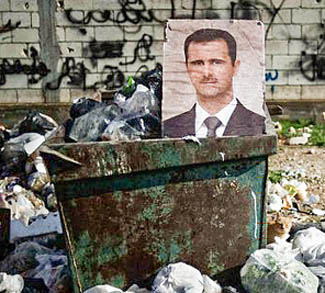Deteriorating stability in both Syria and Iraq suggests that the Middle East might be skidding dangerously close to the precipice of a widespread sectarian conflict.
The worsening situation in Syria has been covered extensively on the Geopoliticalmonitor and other news sources, but there is one critical fact that merits emphasis for the purposes of this article: this is a conflict that will be measured in years, not months. Even if Western governments managed to push favorable resolutions through the UN Security Council, no sane military planner would be willing to sign off on putting boots on the ground in Syria, say nothing of the impossibility of cash-starved Western governments being able to afford another open-ended Middle Eastern adventure. Other policy options such as a Libya-esque air campaign or an increase in material support for opposition groups would do much to ramp up the scale of violence in Syria, but it’s doubtful whether either would prove decisive on a predominantly urban battlefield. The far more likely result would be a replay of the fifteen-year civil war that sunk Lebanon into the abyss from 1975-1990.
This leaves Western governments with only one viable option: have a good long think about whether their zeal to extend the Arab Spring into Syria was the best course of action. And strangely, that seems to be exactly what they’re doing. Most have accepted their impotence in the face of Syria’s slow descent into violence, extremism and civil war, as evidenced by the fact that no one wants to discuss the conflict even though it is killing over 100 people a day.
But when it comes to the Middle East’s Sunni-Shiite divide, the domestic is the regional, and this case is no exception. Thus it’s not just Syria that policy planners need to worry about, but increasingly Iraq as well.
That Iraqi Vice President Tariq al-Hashemi is simultaneously the highest-ranking Sunni member of a predominantly Shiite government and sentenced to death for commanding sectarian death squads is not a good sign for national reconciliation in Iraq. Innocent or not, al-Hashemi’s fall from grace doesn’t bode well for Sunni participation in the Iraqi political process, and as recent history has shown time and time again, Sunni political engagement and terrorist attacks are negatively correlated.
The al-Hashemi debacle may help to explain why July was the most violent month in Iraq since August 2010, with 325 people losing their lives in numerous attacks throughout the country. It may also have something to do with the massive wave of bombings that struck 11 different Iraqi cities on Sunday, killing over 44 people, most of whom were members of Iraq’s security forces. Such was the opinion of Al-Jazeera’s Ahmed Rushdi, who stated, “[this] is also the insurgency against the government and the political parties, because there is a major political dispute between Maliki and his opponents.” Whatever the reason behind recently spiking violence in Iraq, the level of coordination on display in Sunday’s attacks, as well as the total failure of Iraq’s intelligence community to stop them, both imply a spike in violence over the short to medium term.
Now we have two countries, both with Shiite governments, one with a minority Sunni population (Iraq), and the other with a majority Sunni population (Syria). They share a land border that’s long enough to make it exceedingly difficult to police. There have already been instances of Syrian security forces evacuating border posts ahead of rebel troop advances, and Sunnis from tribal populations on the Iraqi side fanning into Syria to join the rebel cause. More recently, bombardments by the Syrian Air Force on Free Syria Army positions along the Iraqi border have resulted in several violations of Iraqi airspace.
All these events point to deteriorating stability along the Iraq-Syria border. On the Syrian side, government troops are being diverted away to fight in the civil war, leaving behind a vacuum that can easily be filled by rebel troops and extremists. As for the Iraqis, the jury is still out as to whether Iraq even has the necessary resources to secure the border in peacetime let alone under duress. It was hard enough to lock down the border back in 2008 with American military support and a stable government operating in Damascus, and the task is about to get a lot more complicated, especially if Syrian government authority begins a wholesale collapse inwards towards Damascus.
Even without touching down on the more far-flung benefactors of Iran and Saudi Arabia, both of whom will seize on any opportunity to prop up their respective sectarian proxies, the necessary elements for a prolonged regional conflict are all present. If such a conflict comes to pass, then the Iraq-Syria border might just become the next Durand Line.




